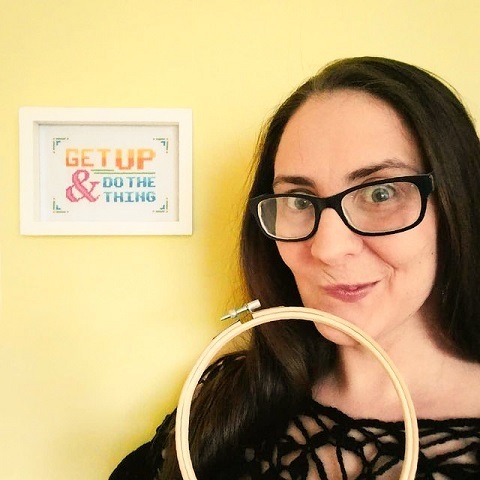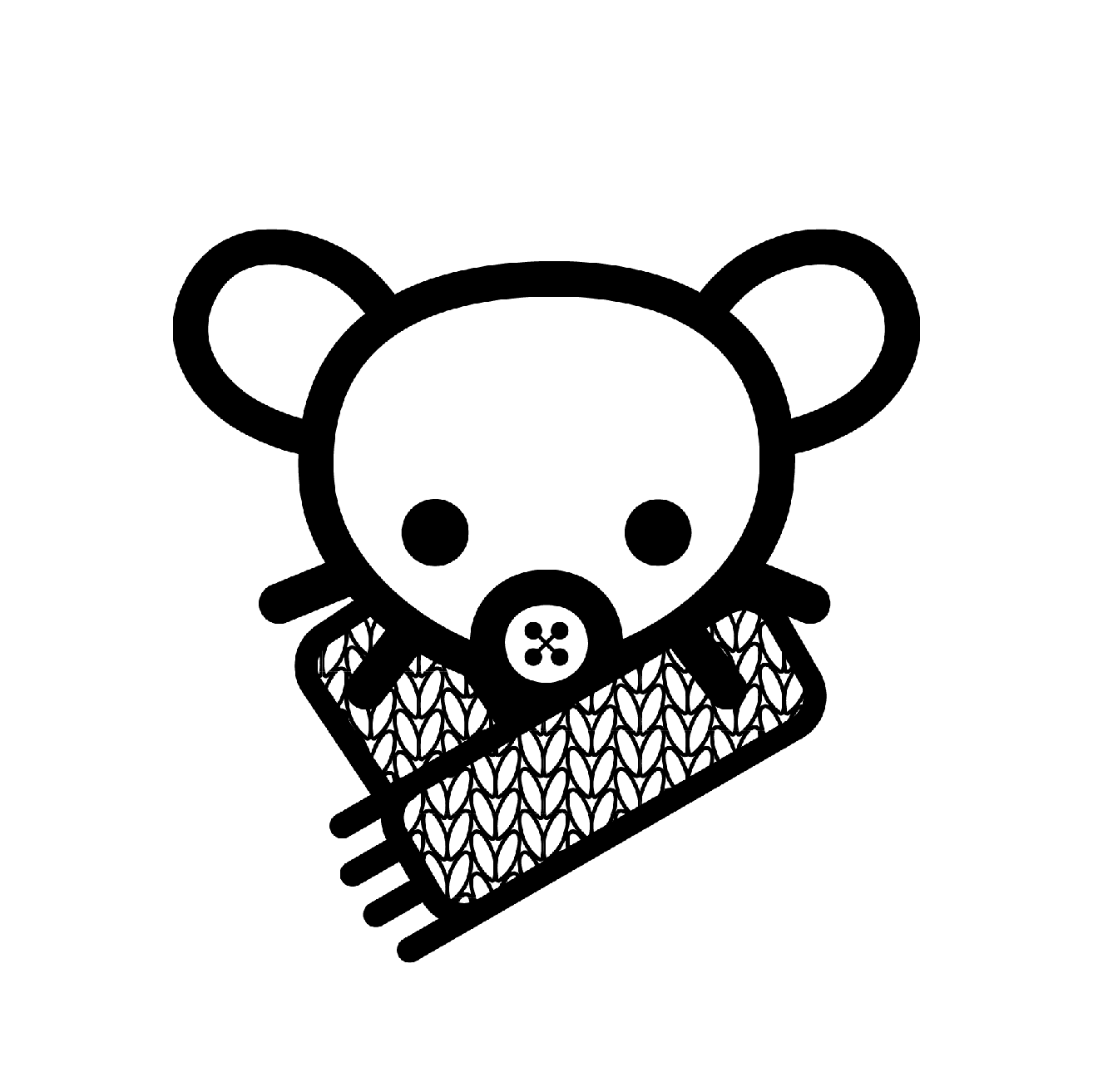Get those WIPs on display!
I’m so so SO close to finishing this sock, which is (unbelievably given how long it usually takes me), the second sock of the pair! So they’ll be finished and ready to wear in no time.
Of course, it’s still absolutely boiling here and I can’t think of much worse than putting wool on my poor feet, but at least I’ll be ready for when the weather turns.
This will be my first #FallFinishAlong FO as well, normally I join those things and utterly fail to finish anything so this is very unlike me. But long may it continue!
What are you working on this week?


Here’s the Canadian Encyclopedia entry.
Having grown up on the coast, I haven’t felt comfortable knitting one in a traditional pattern as I’m not from the community, but OP’s pattern is clearly ‘inspired by’ rather than duplicating the super-bulky single strand roving yarn patterns.
I do have an authentic one in my closet knit by someone in the community. I love mine, they are made with lanolin heavy yarn and keep out the damp in wet weather. It’s so very cool that a weaving blanket tradition was adapted to knitting when the technique was shared.
Sono Nis press has some excellent books about the Salish tradition by Sylvia Olsen. The first Working with Wool is more of a retrospective. The second Knitting Stories includes seven Cowichan patterns. So, it seems the community is more at ease sharing these than when I was younger. There is also a wonderful children’s book Yetsa’s Sweater. Can recommend them all.
Wow thank you for the knowledge drop!
You’re very welcome.
Salish style sweaters were a big influence in North America in the mid 20th century. I suspect most people outside British Columbia weren’t aware of the origins.
In the 70s and early 80s, the communities began to protest the tourist stores in Vancouver that were selling falsely labeled ‘authentic Indian sweaters.’ A controlled labeling system was brought in.
In terms of the broader knitting trend, Mary Maxim, a Canadian yarns and pattern mail order and now online store, still has vintage sweater patterns with such designs available. (They also sell many of their other vintage patterns.)